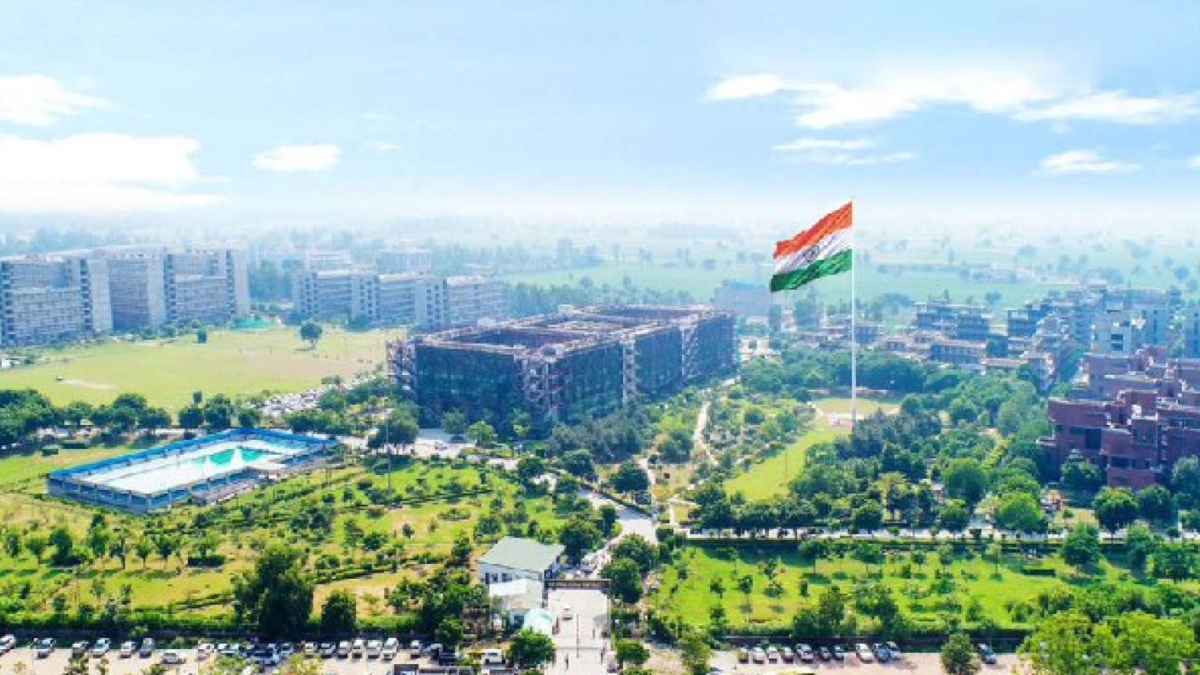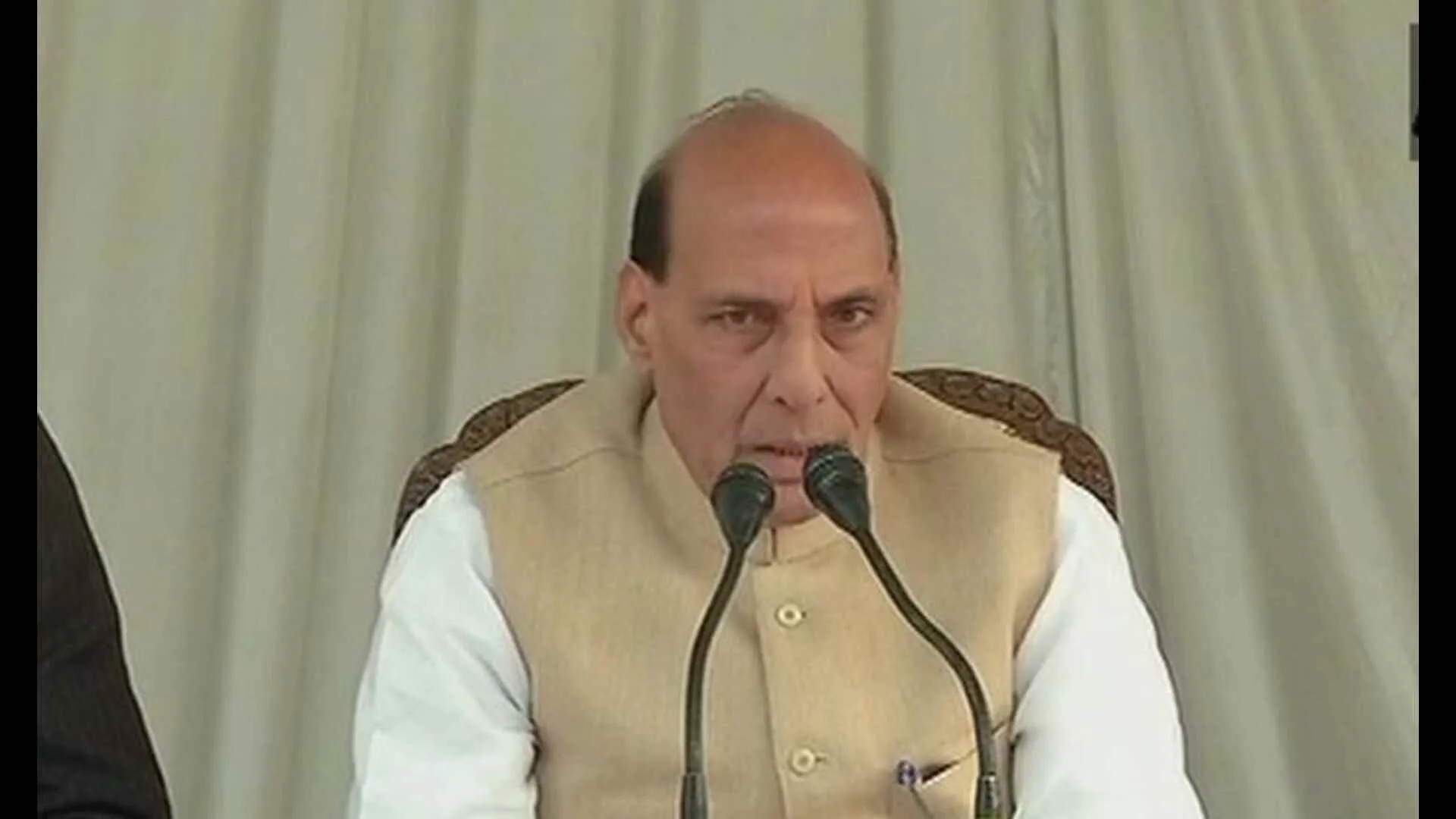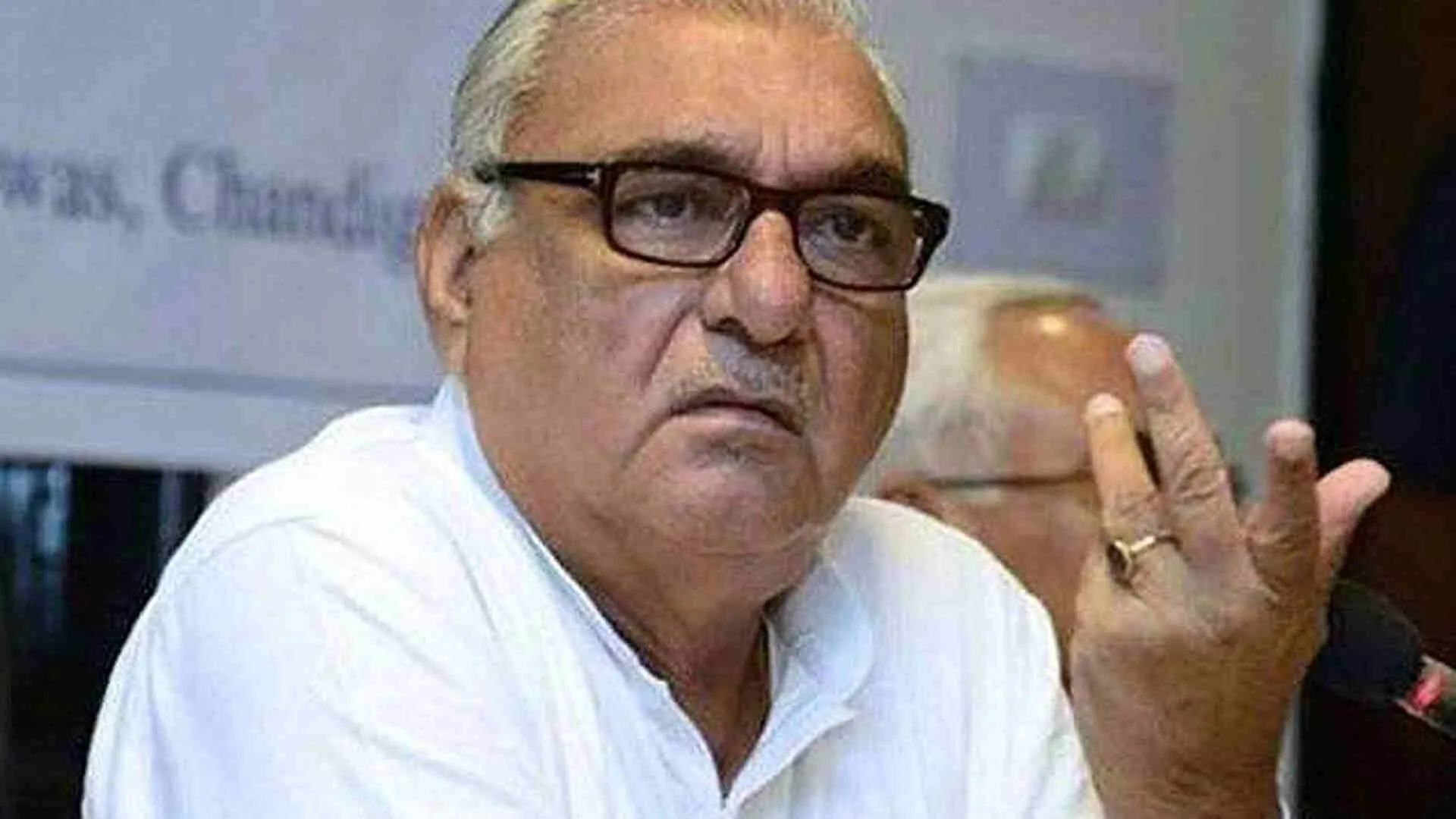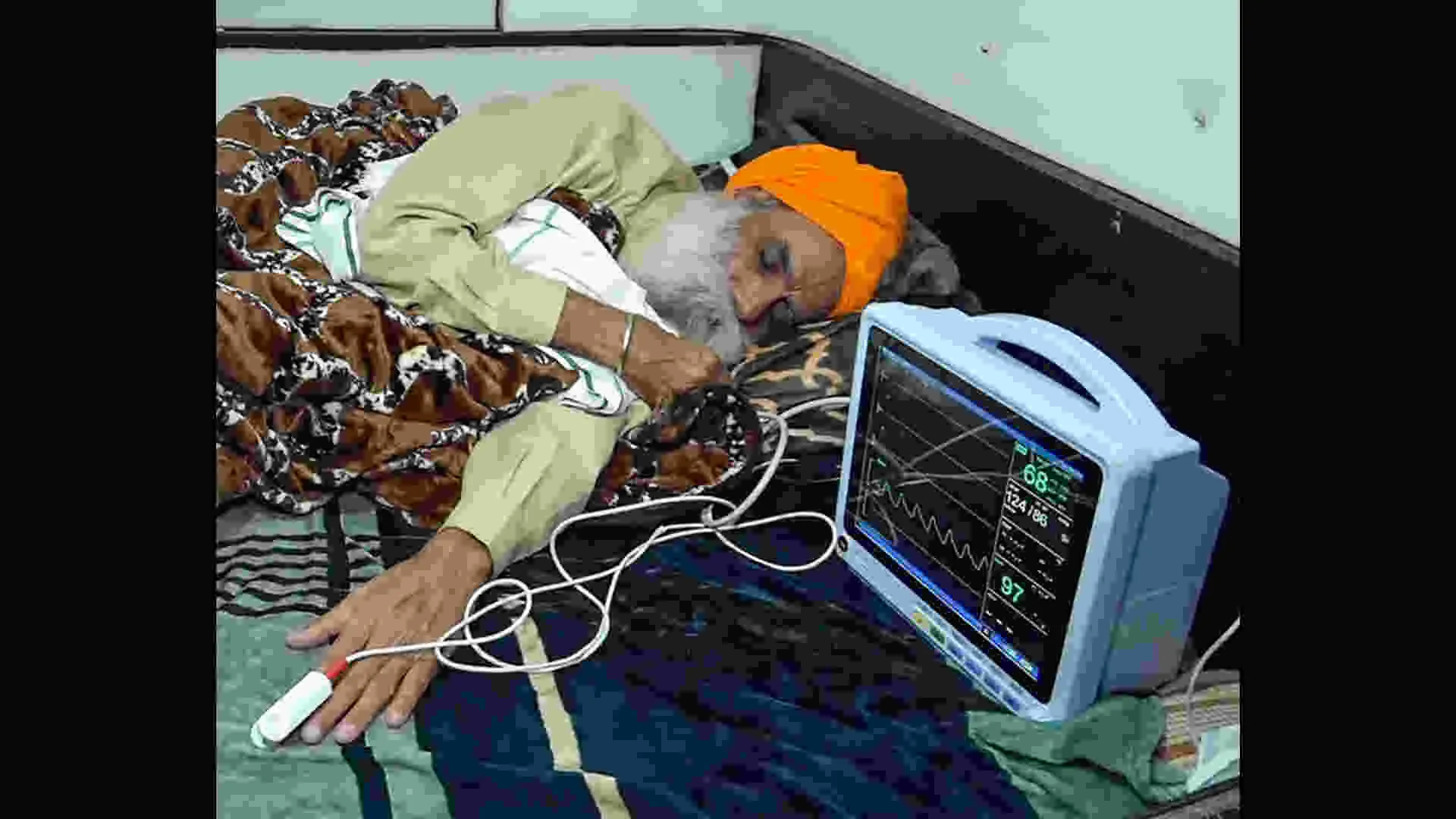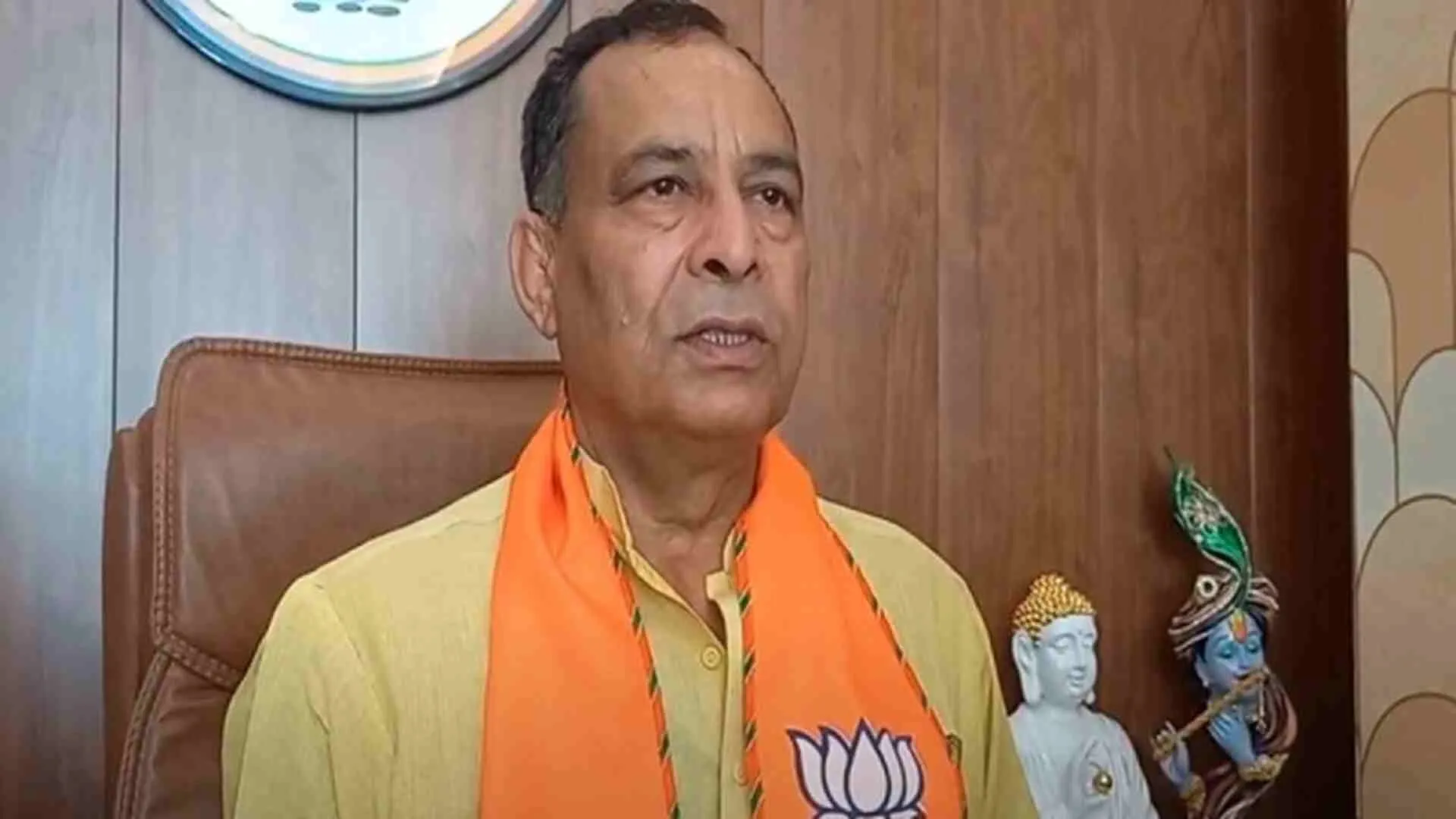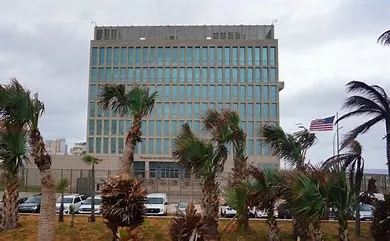On the occasion of the United Nations Day 2021, O.P. Jindal Global University released the first-of-its-kind Implementing the Sustainable Development Goals: Role of Universities and Civil Society in Protecting the Environment Report, mapping its compliance towards the 17 Sustainable Development Goals (SDGs) set by the United Nations.
Setting a global benchmark, O.P. Jindal Global University has become one of the first universities to fully commit to and implement the SDGs on its campus, despite the challenges posed by the Covid-19 pandemic.
The report was launched in the presence of Dharmendra Pradhan, Union Minister of Education, Ashwini Kumar Choubey, Union Minister of State for Environment, Professor (Dr.) Pankaj Mittal, Secretary General Association of Indian Universities, Atul Bagai, Head of Country Office United Nations Environment Programme and Sudhir Mishra, Founder & Managing Partner, Trust Legal, Advocates & Consultants.
The UN SDGs include affordable and sustainable energy, combating climate change, eradicating hunger, education, health, and gender equality.
To demonstrate its commitment towards the implementation of the SDGs, O.P. Jindal Global University engaged in an independent assessment of its campus and initiatives to get a transparent and fair view of the university’s progress in compliance with the UN SDGs.
A cohort of 12 assessors from the environment and legal fields including The Energy and Resources Institute (TERI), Trust Legal, Advocates & Consultants and Mazars Business Advisors Pvt. Ltd., Trust Legal, Advocates & Consultants carried out a rigorous evaluation of the university’s processes ranging from the university’s energy consumption to water management systems and community engagement initiatives.
Pradhan said, “The launch of the report comes at an opportune moment when the world leaders including Prime Minister Narendra Modi will attend COP26 meeting at Glasgow next month. Diverse voices in the form of reports, scientific inquiry, and debates will only enrich our collective knowledge in protecting the health of the planet.”
“Universities have responsibility to contribute not only to the local communities but also to the global community. This is primarily because they have the capacity to help students develop a holistic understanding of how a wide range of local, national and global challenges can be addressed. The role of universities in the road to sustainable development is crucial. It becomes imperative that the universities devote time and resources to create an SDG-ready generation that remains focused on the mission to achieve sustainable development,” he added.
Choubey said, “I congratulate the Vice-Chancellor of JGU that under his leadership, JGU is not only committed to excellence in education but has also demonstrated a vision to implement the UN-SDG goals at the university. Educational institutions can play a pivotal role in informing young people and create awareness about the steps needed to protect and preserve the environment.”
Kumar said, “The Sustainability Development Report 2021 demonstrates our commitment to creating a green and socially-conscious campus and to have a transparent and fair view of our progress in our compliance with the UN SDGs. JGU has moved towards a healthier and safer environment by implementing the SDGs within its campus. By taking efforts to implement the UN-SDGs, JGU has shown the way to other educational institutions, how futuristic, social and environmental commitments are met.”
Setting the context for why universities must play a role in implementing SDGs, Bagai said, “Today, we are all facing ‘the triple planetary crisis’. It is the crisis of climate, the crisis of nature, and the crisis of pollution and waste. The crisis is very clearly a consequence of the economic path that we have pursued along with resource-intensive processes, consequent lifestyle changes due to economic growth and urbanisation. It is a rare feat for a university not only in south Asia or in Asia Pacific to have come up with such a report. It’s an extremely laudable effort which will be a game-changer. We should make it available to every university in the country.”
O.P. Jindal Global University has created a sustainable model with solar power generation by contributing excess power to the grid. The university has aimed in instituting zero-net emission policies and investing in on-campus renewable energy production by developing long-term resource efficiency and management plans. Close to 55% of the university’s campus is under a green cover. A green area around the university helps to arrest the effects of particulate matter and gaseous pollutants in the area besides playing a major role in environmental conservation efforts.
The university has also set up the Jindal School of Environment and Sustainability to ensure that it creates innovation and young leadership to combat climate change and its impact. It also provides interdisciplinary education across other schools to ensure that there is adequate awareness on this important subject across the entire university.
Professor Pankaj Mittal, Secretary General Association of Indian Universities said, “We do realise that India is placed at 120th rank in implementation of SDG 2021 and this calls for urgent action from all sectors of the society. Due to their unique position in society, the higher education institutions have immense scope and potential to contribute towards realising all 17 SDGs and thereby accomplishing them. I feel that rather realising the SDGs without the cooperation of the higher education sector is quite an impossible task. In India, there is a lot of tacit contribution of HEIs in implementing SDGs, but there is no documented data on the same.”
Professor Dabiru Sridhar Patnaik, Registrar, O.P. Jindal Global University (JGU) gave the concluding address and said, “We have taken a step in the right direction towards promoting the significance of UN-SGDs by progressively undertaking activities to meet the goals in consonance with the National Education Policy. I am also happy to report that most recently we have opened a student chapter of the International Green Building Campus under the aegis of the Confederation of Indian Industry. A very futuristic and a definite step has been taken to create a green campus.”

